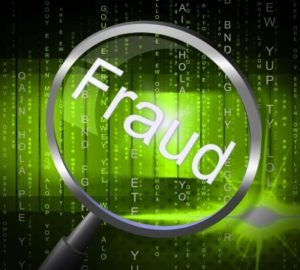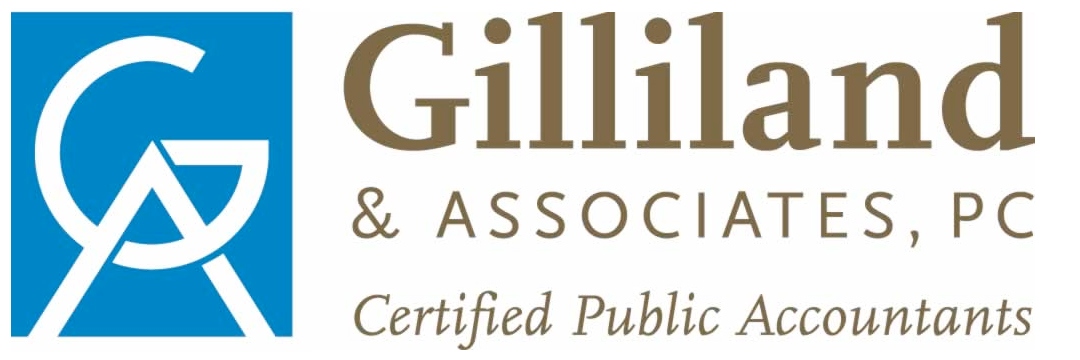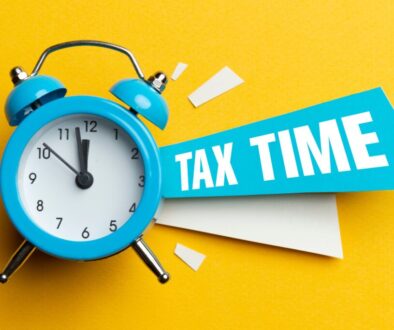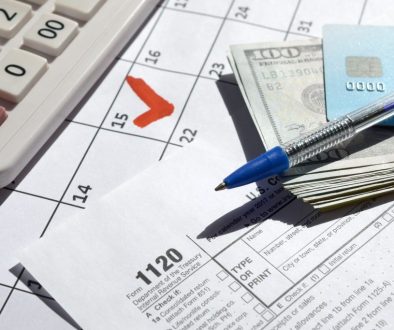Is your business susceptible to payroll fraud?

Unless a small business owner handles all aspects of computing and paying payroll, there is room for fraud. Even if your company has only a few employees — it does not guarantee your funds will be safe.
How payroll fraud happens
Perhaps one of the easiest payroll fraud techniques is the overpayment of withholding or payroll taxes. Your bookkeeper simply overpays the government. When the refund check arrives, the employee deposits it to his or her personal account.
In some cases, the employee will have an account at a different bank but in the company name. Such an account could be used for the fraudulent deposit of other company receipts as well.
The greater the number of employees, the easier it is for someone to pull off a scam. Perhaps the payroll clerk has invented a fictitious employee or falsifies hours or commissions for a cooperating employee who shares the stolen funds. Or perhaps the employee holds the payroll deposit funds in his or her own interest-bearing account until it is time to make the payroll deposit to the government.
How to prevent payroll fraud
Small businesses can be exceptionally susceptible to payroll fraud because they often lack anti-fraud controls that larger organizations have in place. Here’s a few ways you can work toward preventing this type of fraud:
- Get outside help. A payroll review by an independent accountant may help prevent employee schemes.
- Divvy up duties. Even in small companies, it is possible to divide office tasks to make employee theft more difficult.
- Limit payroll access. Figure out who needs to have access to payroll data. That list will likely be very small. Make sure it stays that way.
- Offer direct deposit. No paper checks means less opportunities for employees to handle funds, meaning greater security all around.
Gilliland & Associates, PC is a full-service CPA firm specializing in tax planning for individuals and businesses in the Northern Virginia area. We are based in Falls Church, VA and also service clients in McLean and Tysons Corner, VA. Gilliland & Associates is known for our superior knowledge and aggressive interpretation and application of tax laws. We help you keep more of your earnings by finding you the lowest possible tax on your business or personal tax return. You can connect with us on Google+, LinkedIn, Facebook, and Twitter.



